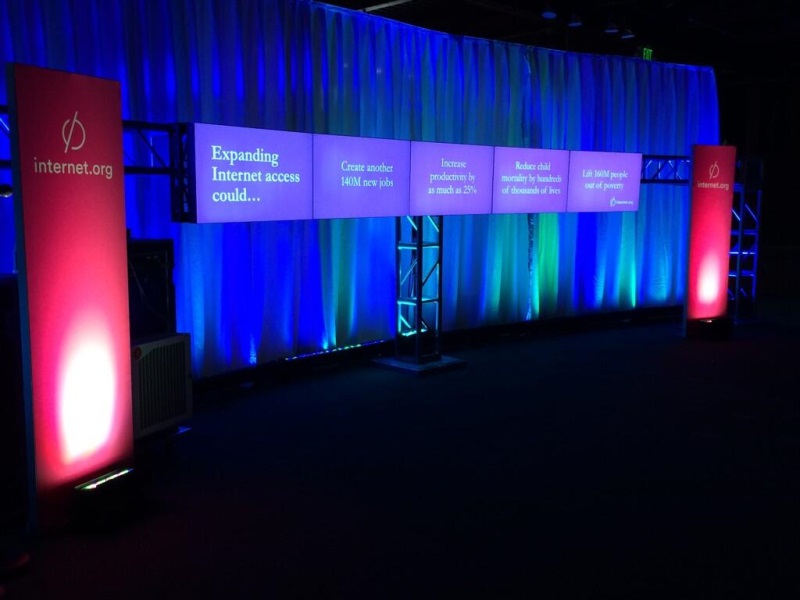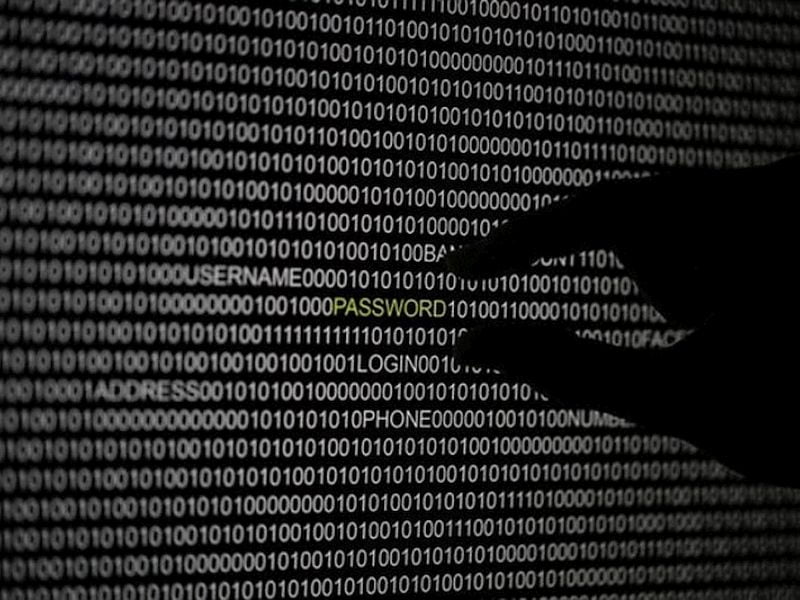
As Trai gears up to frame the net neutrality rules, telecom operators have favoured differential pricing for data services even as nearly 80 percent replies to the regulator’s consultation process follow theFacebook ‘templates’ for its controversy-ridden Free Basics platform.
While net neutrality activists continue to oppose any differential pricing regime, saying it would amount to curbs on freedom of choice to access Internet, Facebook has launched a massive campaign to project its Free Basics platform as a tool to spread web connectivity.
An analysis of a record 2.4 million comments, received by the Telecom Regulatory Authority of India (Trai) to its consultation paper on differential pricing for data services, shows that 1.894 million replies are in support of Free Basics, of which 1.35 million views are through ‘@supportfreebasics.in’ and without the senders’ individual e-mail IDs while further 544,000 comments have come from ‘@facebookmail.com’.
(Also see: Trai Gets 24 Lakh Comments on Differential Data Pricing Paper)
On the other hand, the net neutrality campaigners have submitted 4.84 lakh comments through forums like ‘Save the Internet’.
Besides, there are comments from telecom and Internet service providers, industry bodies and individuals. The telecom operators including Airtel, Vodafone, Idea, Reliance Communications and their respective associations have supported differential pricing for data services, while Internet service providers have opposed the plan.
“For the growth of data service, price differentiation for data services can be allowed,” operators have submitted.
Reliance Jio Infocomm though has not submitted its comments on the matter.
A debate on net neutrality stirred across the country after Airtel decided to charge separately for Internet-based calls but withdrew it later after people protested. The debate heated up after Airtellaunched free Internet platform Airtel Zero and later Facebook also launched its Internet.org platform,renamed as Free Basics.
Nasscom said issues concerning differential pricing for data services need careful consideration because of their possible impact on net neutrality.
(Also see: Nasscom Tells Trai Differential Pricing Should Be Allowed in Some Cases)
The IT industry body said data plans offered by telecom companies to the consumer has to be neutral between their own and competing Internet platforms and services.
COAI represents telecom majors like Airtel, Vodafone, Reliance Jio Infocomm, Idea Cellular, Telenor while AUSPI represents Reliance Communications, Tata Teleservices, Sistema
Shyam Teleservices and Quadrant Televentures.
The associations in a joint letter said differential pricing is permitted under present regime as long as there is a clear differentiation in the classification of subscribers.
The letter further said a content provider can have a non-exclusive agreement with the TSP so that the zero-rated service could be made available to other TSPs.
The associations have opposed the Direct Benefit Transfer (DBT) method saying it is not the right way of differential tariff as the same has the potential to be misused.
To justify their stand, telecom operators cited example of e-commerce companies signing exclusive deals to sell mobile handsets, tatkal tickets offered by Indian Railways for
travelling in same train, mineral waters at higher price in multiplexes etc. Industry chamber Assocham, ACTO, global telecom body GSMA also favoured allowing of differential pricing for data.
The debate which at some point became Facebook’s Free Basics versus net neutrality saw mixed reaction from public.
“Seeking discriminatory data plans is it self a privilege wanted by the data companies. Now Free Basics by Facebook is also on its way to ensure that net neutrality becomes a history in India. As they do not promise it to be unbiased in future, they reserve the right to reject a website or a consumer,” an individual Amritesh Praksh Dixit said.
In support of Free Basics, an individual Devi Dileep said “In my opinion, net neutrality must be retained. But,at the same time let us not completely discard Free Basics. Government could work out a modified model with Facebook. Let them give the Free Basics on a trial basis.”
However, as per initial comments released by Trai, individuals were against regulator permitting different pricing of data or Internet.
[“source-gadgets.ndtv”]





